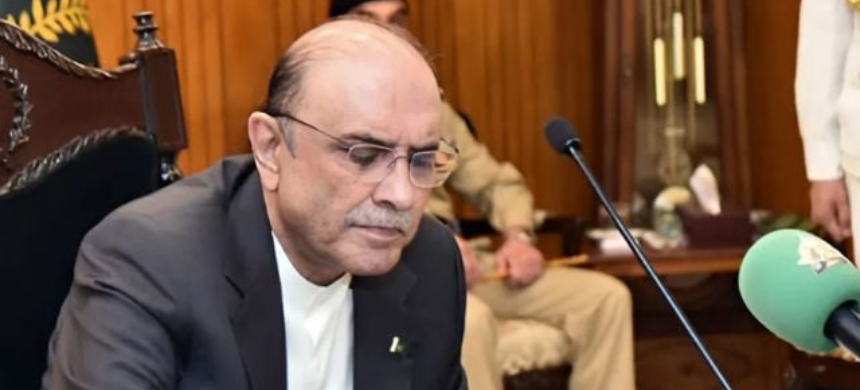Religious Seminaries Registration Settled Through Dialogue: Societies Registration (Amendment) Act 2024 Enacted
The long-standing matter of registering religious seminaries in Pakistan has been successfully resolved through understanding and dialogue, culminating in the enactment of the Societies Registration (Amendment) Act 2024.
According to reports, President Asif Ali Zardari signed the amendment following the advice of Prime Minister Shehbaz Sharif, marking the conclusion of a contentious issue. On December 29, 2024, the National Assembly Speaker Sardar Ayaz Sadiq issued the official notification of the Gazette, formalizing the changes.
Read More: Madrassa Registration Bill Enacted After President Zardari’s Approval
Key Details:
- The Societies Registration (Amendment) Ordinance allows religious seminaries to register with both the Ministry of Education and the Ministry of Industry and Production, as part of efforts to regulate and standardize these institutions under the new law.
- The president signed the amendment act on December 27, 2024, bringing immediate enforcement with the changes to Sections 5, 6, and 7 of the original law.
- This amendment had been part of negotiations with the Jamaat-e-Ulema Islam-Fazl (JUI-F), which had previously objected to the bill under the 26th Constitutional Amendment.
Societies Registration Act 2024 – Key Provisions:
- Existing Seminaries: Religious seminaries established before the act must complete their registration within six months.
- New Seminaries: New seminaries will need to register within one year of establishment.
- Multiple Campuses: Seminaries with multiple campuses will require only one registration.
- Annual Reports: Every seminary is required to submit an annual activity report to the registrar.
- Audit Reports: Seminaries must audit their accounts and submit the audit report to the registrar.
- Regulation on Content: No seminary will be allowed to promote extremist or sectarian content.
JUI-F’s Reaction:
The JUI-F celebrated the enactment of the new law, with spokesperson Aslam Ghauri expressing gratitude for the successful outcome, describing the religious seminaries as “fortresses of Islam” and vital to the ideological geography of Pakistan. The party emphasized that it would continue to protect these institutions’ autonomy.
Fazlur Rehman’s Statement:
In a special statement, JUI-F leader Maulana Fazlur Rehman congratulated all religious groups, especially the seminaries’ coordination bodies, for their role in the successful passage of the bill. He acknowledged Mufti Taqi Usmani for his guidance and Kamran Murtaza for providing essential legal support. Fazlur Rehman declared that the law’s success was a “victory for parliamentary supremacy” and congratulated everyone involved in achieving this milestone.
This resolution, following extended negotiations, has marked a significant step in regulating the operation of religious seminaries in Pakistan while maintaining their autonomy, ensuring their accountability, and aligning them with the country’s broader educational and societal goals.











